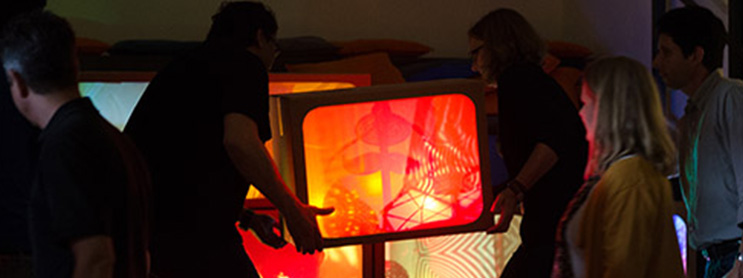

TinkerLib aims to transform informal education organisations into inclusive and equitable learning spaces. Through empowerment and capacity-building of informal educators, traditionally excluded adult learners can develop 21st Century skills.

This project builds on the tradition of Erasmus+-funded projects on Tinkering. Tinkering EU: Contemporary Education for Innovators of Tomorrow that introduced the Tinkering methodology in Europe; Tinkering EU: Building Science Capital for ALL that explored Tinkering and Science Capital with a specific focus on teachers and students from disadvantaged communities; and Tinkering EU: Addressing the Adults fostering the socio-educational and personal development of adults.
TinkerLib combines the “world of sciences” (science centres, museums, informal science learning organisations, etc.), and the “world of books” (libraries, artists’ collectives and cultural facilities, etc.).
TinkerLib will create a real community of practice that will help learn from each other's experience and expertise and highlight our blind spots. It aspires to develop innovative and inclusive activities for excluded adult learners and professional development tools.
TinkerLib exploits the innovative pedagogy ofTinkering, a STEAM (Science, Technology, Engineering, Arts and Mathematics) education approach based on both individual and collective creativity as a driver of curiosity and a vehicle for learning and understanding. Tinkering is proven to be a powerful tool that contributes to the improvement of key competences and skills often particularly pertinent to the requirements of the contemporary labour market.
We intend to share processes and results with professionals from libraries and informal science education settings as well as with the informal education field in general interested in using innovative pedagogies to reach excluded adult communities and apply collaborative approaches to design new activities with local partners.
The secondary target group of the project are adults from disadvantaged communities usually excluded from libraries and science communication experiences.
In addition, the project will also reach out to other stakeholders; this includes policymakers focusing on developing strategies for addressing social inclusion challenges, researchers interested in collaboration methodologies between libraries and science-oriented structures, as well as in Tinkering as an innovative pedagogy for STEAM education, social inclusion and engagement of adults with fewer opportunities. Furthermore, informal education structures beyond the local consortium environment, will also be targeted.